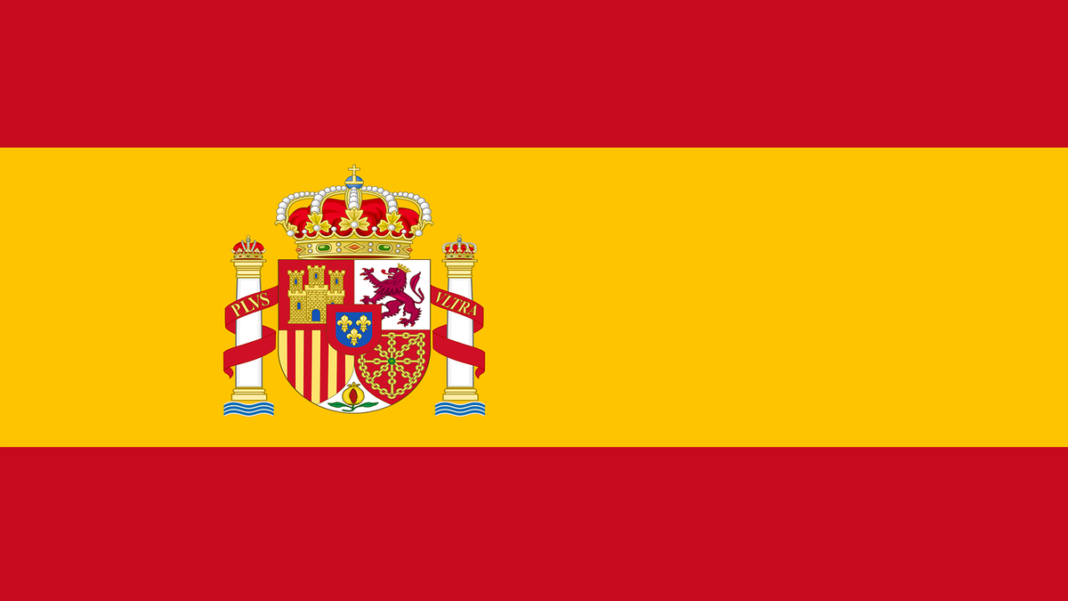SPAIN: On Monday, Spain was entangled in a political deadlock as the right-wing parties fell short of securing a decisive triumph and no clear winner emerged from the national election, leaving pro-independence Catalan and Basque parties in potential kingmaker roles.
The outcome of Sunday’s vote has left both the left-wing and right-wing blocs facing challenges in forming a government. As a consequence, Spanish stocks experienced a decline, and government bond prices dipped during early trading. The result might be a second election.
The People’s Party (PP), representing the centre-right, and the far-right Vox secured a total of 169 seats in parliament, falling short of the required 176 seats for a majority, which defied initial poll predictions. On the other side, the ruling Socialists (PSOE) and the far-left party Sumar won 153 seats.
As the party with the highest number of seats, the PP will have the first opportunity to attempt to gather enough support in parliament to secure a successful prime ministerial investiture vote.
However, due to its alignment with the far-right Vox and its firm stance against separatism, the party will likely struggle to garner support from other factions.
The election results revealed profound rifts within Spanish society. Prime Minister Pedro Sanchez took a risk by calling for the elections after his Socialist Party suffered significant losses in the local elections held in May.
Critics pointed out his dependence on regional separatist parties, viewing it as a potential threat to the unity of the nation.
The PP, however, seemed poised to require an alliance with Vox to secure a governing majority. This possibility raised concerns as it would have marked the first time since the end of the Franco dictatorship and Spain’s return to democracy in the 1970s that hardline nationalists would be part of the government.
Nevertheless, the Socialists outperformed poll predictions and did better than expected, in part because of Feijoo’s last-minute errors. Despite the outcome, Feijoo claimed victory.
Sanchez’s Socialists now have several options to form a government, but they may encounter difficult demands from Catalan separatist parties. These demands are likely to include insisting on an independence referendum, which could potentially lead to political turmoil similar to the events of 2017, when Catalonia last attempted to break away from Spain.
Esquerra Republicana de Catalunya (ERC), a left-wing separatist party, could be won over by Sanchez, as he was able to do in 2020 to create a minority government. But he will probably also require the support of the harder-line Junts, who have not backed Sanchez in the previous four years.
Carles Puigdemont, the leader of the Junts party, who has been living in self-imposed exile in Belgium since the failed independence push, is the Catalan leader who is emerging as a potential kingmaker. Ignacio Torreblanca, the director of the European Council on Foreign Relations’ Madrid office, stated, “The PSOE is at the mercy of Puigdemont.”
Centre-right Junts has not made his position clear. Miriam Nogueras, the group’s congressional candidate, stated that any support would be given in exchange for a new independence referendum and investment assurances.
The Socialists are against independence and any referendum on the subject. The seats held by Basque parties are also likely to come into play.
On Sunday night, Andoni Ortuzar, the leader of the moderate nationalist Basque party PNV, said, “After the election, we have a very, very difficult parliamentary arithmetic, but it seems our votes will be once again decisive.” PNV managed to secure five seats in the lower house.
Arnaldo Otegi, the head of the Basque separatist EH Bildu party, expressed his stance by invoking a civil war-era Republican slogan, stating, “If it depends on us, ‘no pasaran’,” which translates to “they shall not pass,” in reference to PP and Vox. His party obtained six seats.
Also Read: Unveiling the Mystique: Spain’s Oldest Restaurant, Sobrino de Botín



